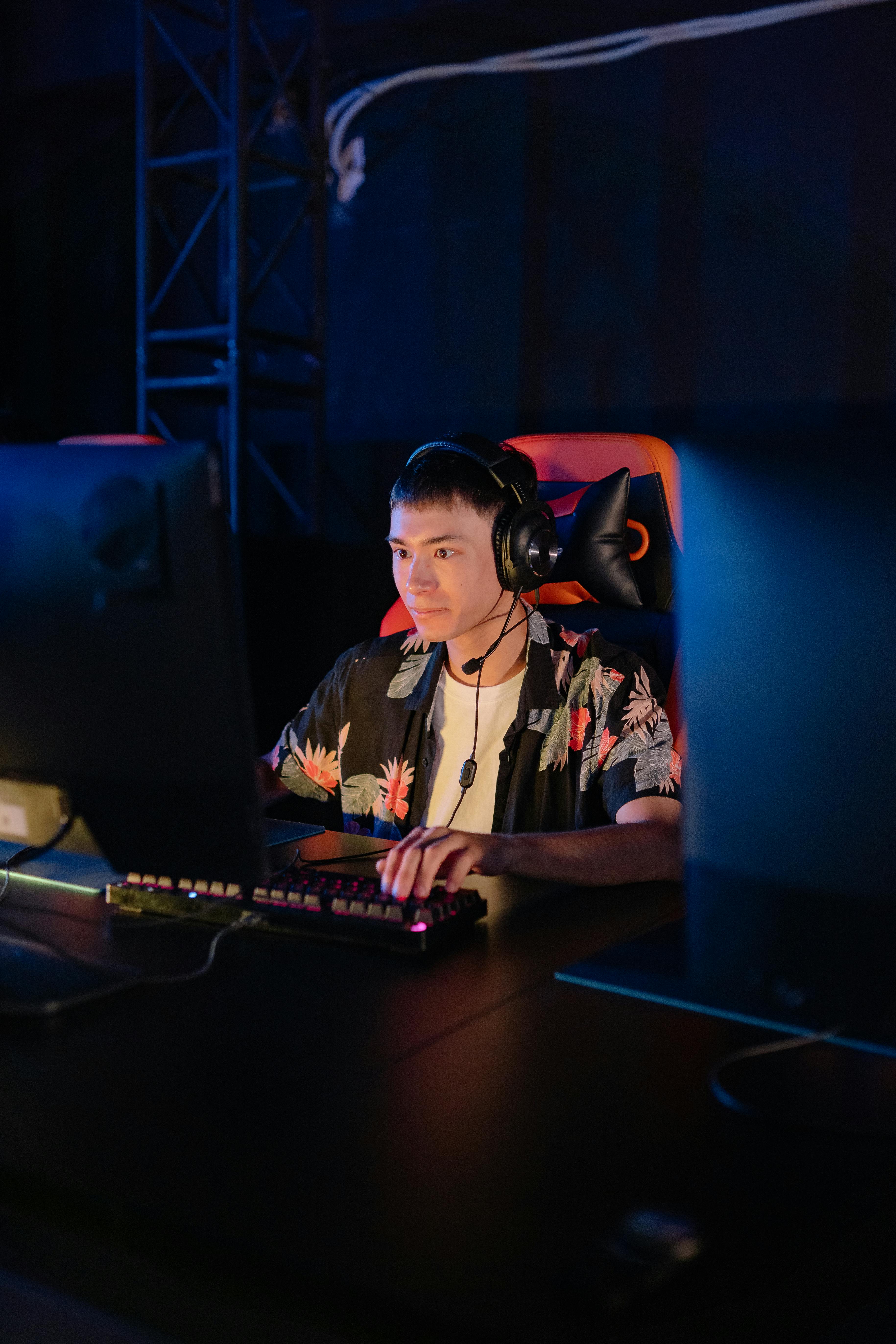Here's a gaming industry article following the provided guidelines:
Indie Game Soundtracks: The New Frontier of Music Discovery In the vast landscape of video game music, a revolution is quietly unfolding. Indie game soundtracks are emerging as unexpected tastemakers, introducing players to niche artists and innovative compositions that transcend the gaming world. This phenomenon is reshaping how we discover music and blurring the lines between interactive entertainment and the music industry.

Breaking the Mold of Traditional Game Music
Unlike their big-budget counterparts, indie game developers often collaborate with lesser-known musicians or experimental composers. This partnership results in soundtracks that defy genre conventions, blending elements of electronic, ambient, classical, and even folk music. Games like Hollow Knight and Celeste have garnered as much praise for their haunting melodies as for their challenging gameplay.
From Game Screens to Streaming Platforms
The impact of indie game soundtracks extends far beyond the gaming sphere. Platforms like Spotify and Bandcamp have seen a surge in listeners seeking out these compositions, with some game soundtracks amassing millions of streams. This crossover success has led to a new career path for musicians, with some focusing exclusively on composing for indie games as a means of reaching a broader audience.
Curating Music Through Interactive Experiences
Indie games are increasingly serving as curators of musical talent. Players who might never have encountered certain genres or artists are now being exposed to them through immersive gameplay experiences. This has led to a symbiotic relationship between game developers and musicians, with each benefiting from the other’s creative vision and audience reach.
The Future of Music Discovery in Gaming
As the lines between gaming and music continue to blur, we’re likely to see more innovative collaborations. Virtual concerts within game worlds, interactive music videos disguised as games, and AI-generated soundtracks that adapt to player actions are just a few possibilities on the horizon. The indie game scene is poised to remain at the forefront of this musical revolution, challenging our perceptions of what game music can be and how we discover new sounds.
Cultural Impact and Industry Recognition
The growing significance of indie game soundtracks is reflected in their increasing recognition within the music industry. Grammy nominations and wins for game music, once a rarity, are becoming more common. This mainstream acknowledgment is helping to legitimize video game music as a respected art form and is opening doors for composers who might have otherwise remained in obscurity.
Challenges and Opportunities
Despite their growing popularity, indie game soundtracks face challenges. Issues of licensing, fair compensation for composers, and the oversaturation of the market are ongoing concerns. However, these challenges also present opportunities for innovation in how music is distributed and monetized within the gaming ecosystem.
A New Era of Musical Exploration
As we look to the future, it’s clear that indie game soundtracks are more than just a trend – they represent a fundamental shift in how we interact with and discover music. By combining interactive storytelling with innovative compositions, these games are creating a new art form that resonates with audiences worldwide. The next time you find yourself humming a catchy tune, don’t be surprised if its origin is not a chart-topping album, but a hidden gem from the world of indie games.






